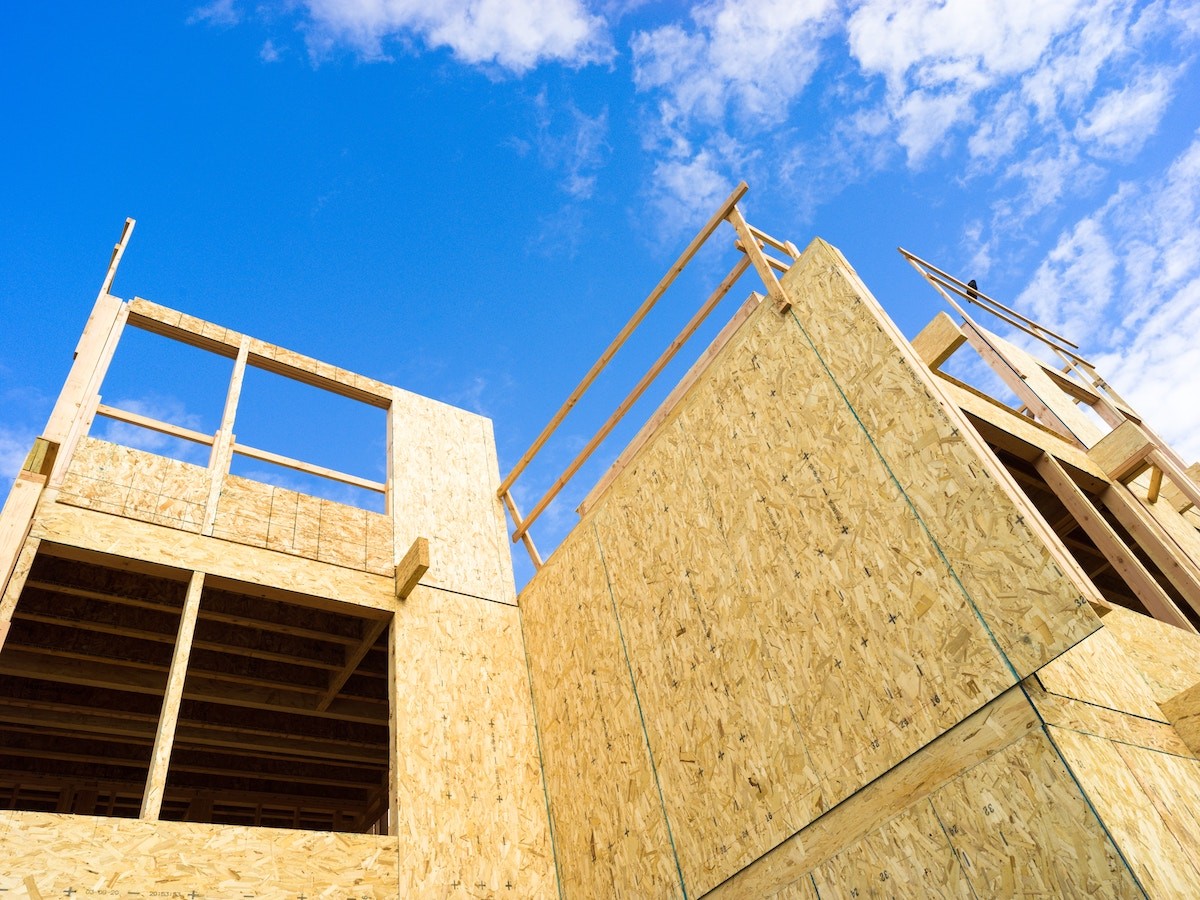Report: Government must fill housing development gap
New data shows private sector investment in housing is declining.

Key Takeaways:
- Private sector housing construction is currently at a lower level than during the worst period of the pandemic .
- The Canadian Centre for Policy Alternatives says this is due to high interest rates.
- The think tank believes government needs to become more directly involved to address the housing affordability crisis.
The Whole Story:
A new report suggests that high interest rates are stifling home construction in Canada.
David Macdonald, senior economist with the Canadian Centre for Policy Alternatives, found that private sector housing construction is currently at a lower level than during the worst period of the pandemic economic shutdown when parts of the industry were closed.
According to his report, when compared to April 2020, investments in new single-family homes have dropped by 21%. Row homes have seen an 8% decline, and new apartment construction is down by 2%.
More notably, compared to February 2022 when the interest rate hikes began, the situation is even worse, with a 36% decrease in single-family home investment, a 27% decline in semi-detached houses, a 2% drop in row home construction, and a 19% decline in apartment buildings.
The Bank of Canada’s estimate suggests that the full impact of rate increases on the housing sector takes approximately two years to materialize, with housing being the primary sector affected by these rate hikes.
“The Bank of Canada estimates that the worst impacts of rate increases take two years to hit the housing sector and the housing sector is the main vehicle for rate hikes to hit the economy,” wrote Macdonald. “Right now, it has been 18 months since the first rate increases, but most of the bigger rate increases have occurred in the past 12 months—so the worst is yet to come.”
He added that the effectiveness of various government efforts to improve housing supply and affordability is diminishing rapidly, as the construction industry faces a significant decline in investment due to high interest rates. He said this should be a cause for alarm for governments if they are serious about increasing housing supply.

Macdonald argued that in this high-rate environment, governments must reconsider their approach to housing supply as relying on the private sector alone is no longer feasible.
But Macdonald believes there is a path forward.
“There is a way out—don’t rely on the private sector to build,” he wrote. “With higher interest rates, governments need to shift focus to filling in for the missing private sector themselves. This isn’t a time for more private incentives—it’s time to get your hands dirty.”
Macdonald called on the federal government to directly build non-market housing, or buy and convert units to non-market rent. He says they could build them directly or provide 0% mortgages to non-profit providers to do it. However, he noted that these are longer term solutions and unfortunately, building takes time. It can easily take ten years from land acquisition to people moving in.
In the shorter term, he offered the following advice:
- Non-profit housing providers and universities/colleges could buy existing for-profit apartments and convert them into non-market buildings with lower rent.
- Governments could outlaw Airbnb and other short term rental platforms from big cities for five years to provide some breathing room for new builds.
- Municipalities could implement rapid city-wide upzoning to allow for new builds.
“Governments at all levels have been shouting about the housing crisis, and the need to build new housing supply, but their solutions are stuck in an era when the private sector was actually building homes,” he wrote. “With private sector investments collapsing in housing construction, governments need to fill that gap.”
